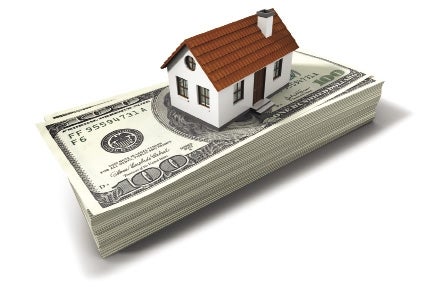Most Massachusetts communities set their property tax rates every December, which affords business property owners a clear picture of what they will pay in the calendar year ahead. While most Bay State communities tax all properties at the same rate, some – including 16 in Central Massachusetts – have separate rates: one for homeowners and another for those who own commercial or industrial property.
What’s new in Worcester?
Last week, city councilors in Worcester, one of the 16 communities, approved a 4-percent increase in property taxes for both groups for 2013, which business and neighborhood groups had agreed to as being fair. The agreement came about six months after the council narrowed the gap between the two tax rates after a citywide property revaluation led to big increases in land values for some property owners.
What will the rates be?
The rate for commercial and industrial properties will be $30.85 per $1,000 of assessed valuation, up from $29.07. This will boost the median commercial tax bill for the year by $314, to $8,084, according to data provided by the city. Meanwhile, the residential rate will be $18.58, up from $16.98.
Why is this a sensitive issue for businesses?
The recession of 2007 to 2009 made life tough for businesses throughout the country. With the economy still struggling to recover, businesses are still looking to tame their costs. Some communities recognize that and are trying to make things fairer. For example, selectmen in Ayer approved 3-percent increases in residential and business tax bills last week.
And what about the communities with dual tax rates?
Communities such as Worcester recognize that they need strong business tax bases to help generate more municipal revenue in the face of their own cost pressures, which could be further limited if Gov. Deval Patrick cuts local aid to help close a $540-million budget gap. In addition, all communities are constrained by state law on how much they can collect through property taxes. But taxes from new construction expand the tax base, allowing the town to raise more revenue, especially for big-ticket items such as public education. That’s why business growth is important to many communities
Read more
City Tax Rates Shouldn’t Pit Residents, Business
Worcester OKs Hike In Tax Rates

